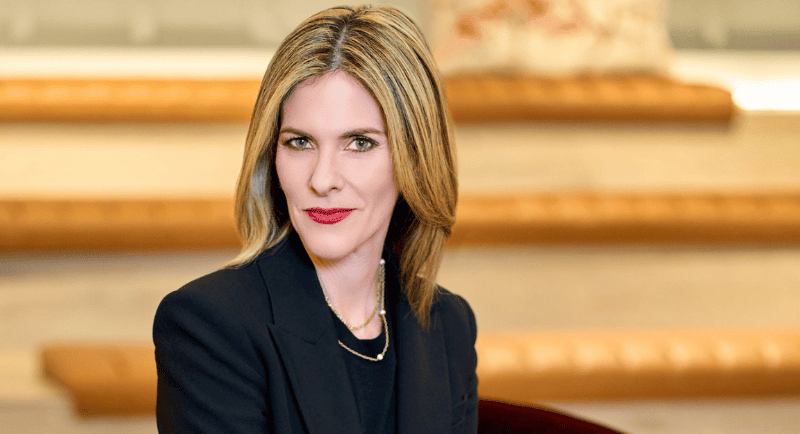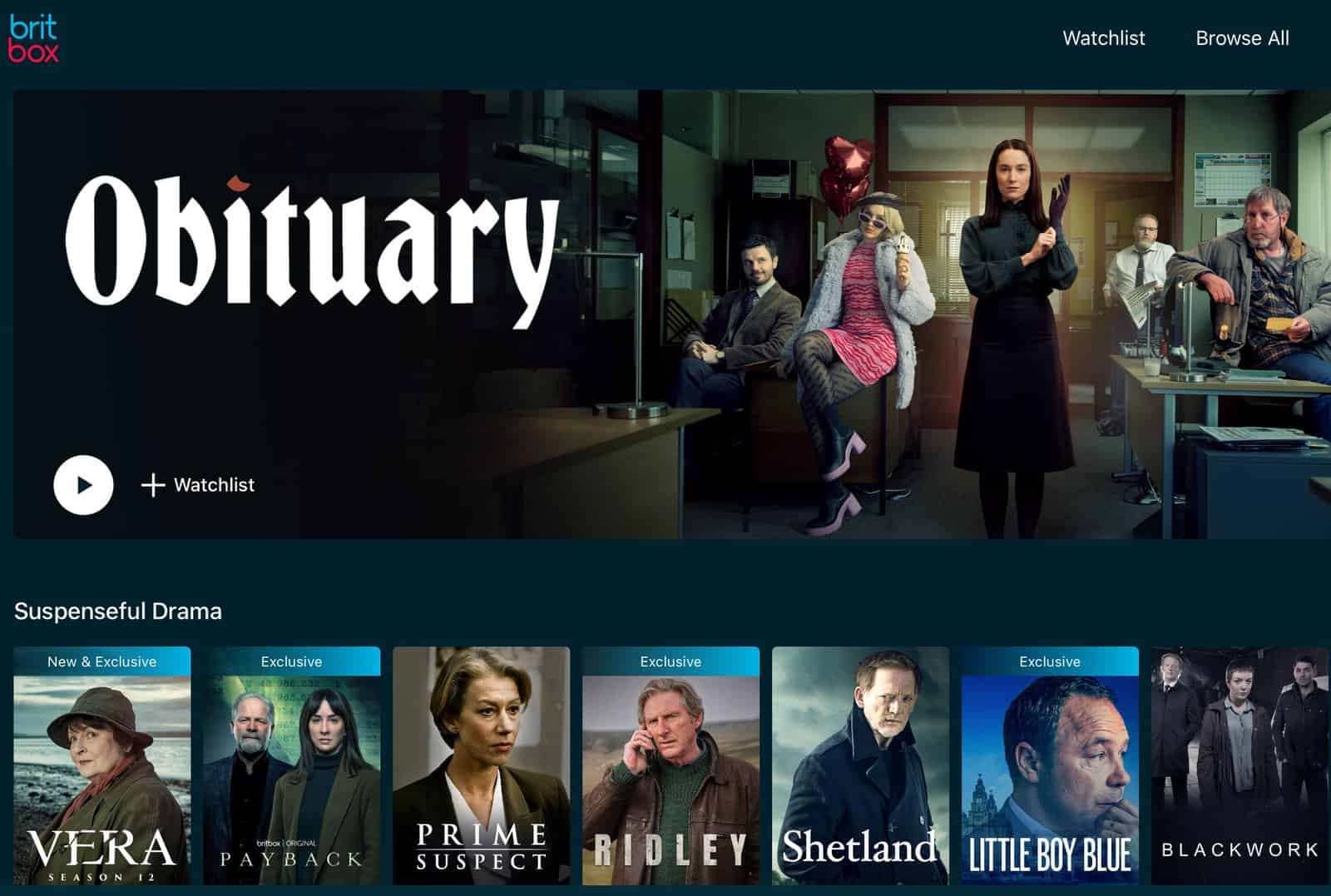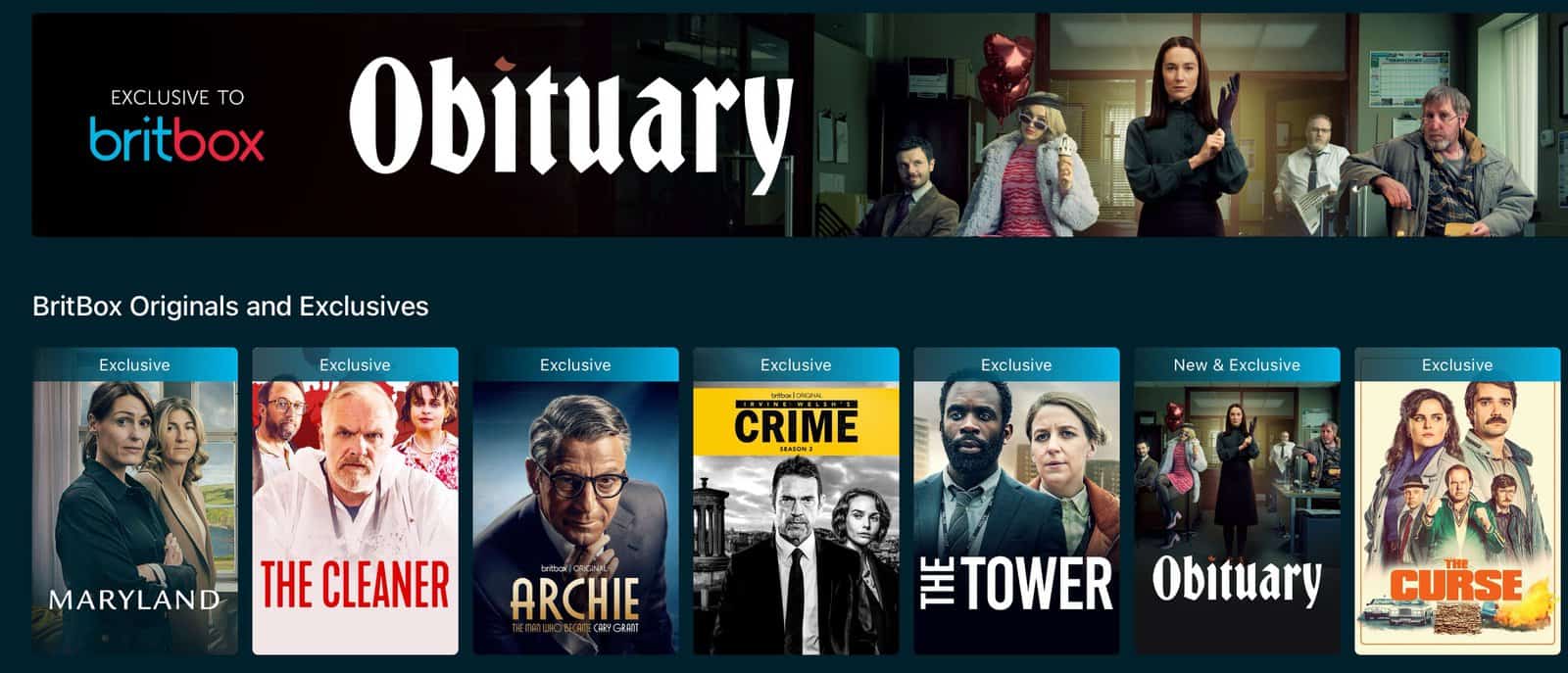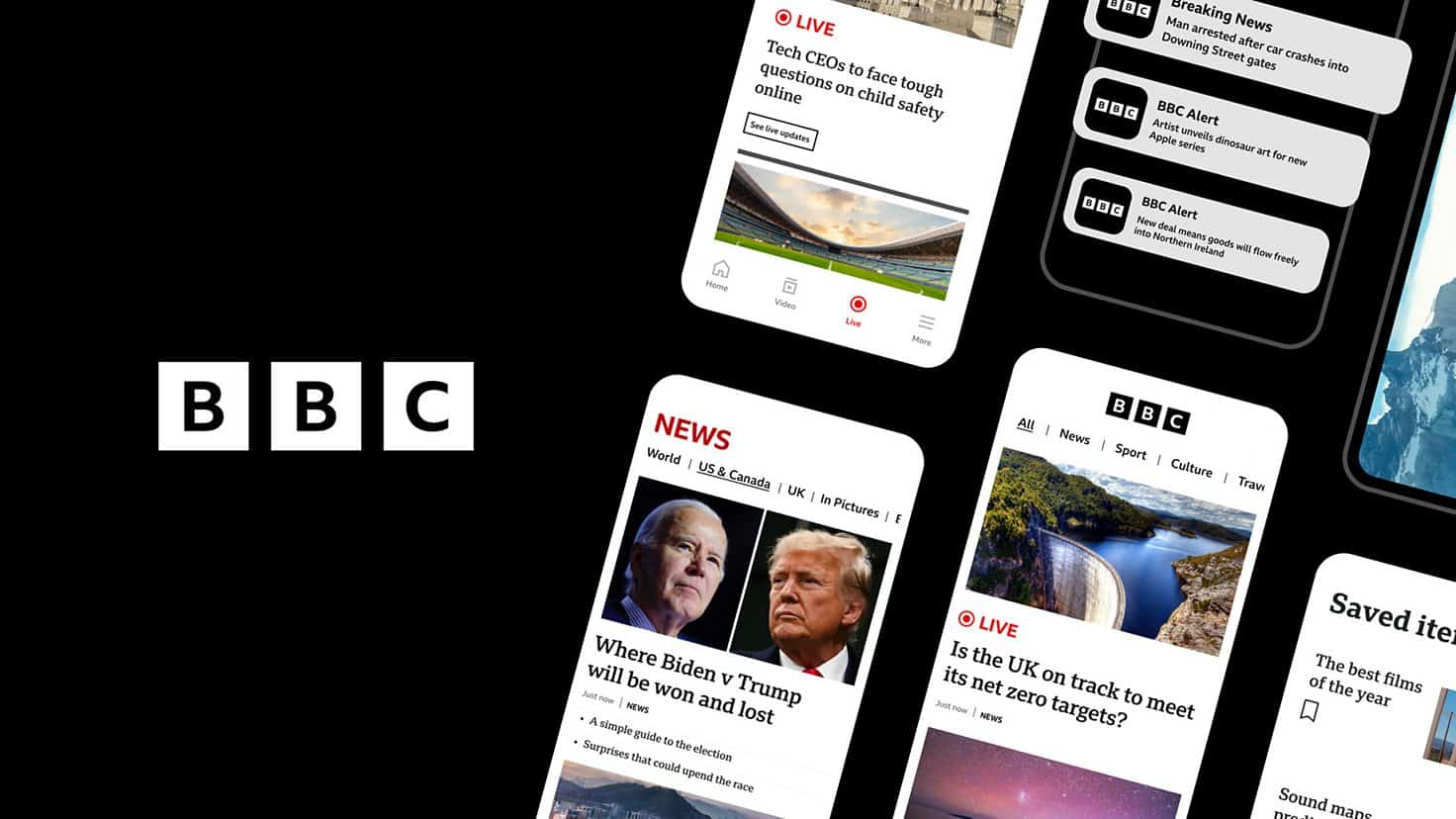The BBC chief executive for global media and streaming Rebecca Glashow (pictured above) has been in Australia this past week.
During her trip she connected with the Australian and New Zealand head office in Sydney. The head of BBC Studios ANZ, Fiona Lang, reports to Glashow.
Glashow joined BBC Studios in 2020 as president of the Americas and was named CEO of Global Distribution in 2022. She is based out of the New York office and runs BBC international direct-to-consumer streaming platforms, international TV channels, global content monetisation and global digital news (ex UK & Ireland).
Her remit includes content sales, channels business, BBC News International and streaming services including BritBox plus audio services.
See also: As BBC takes control of BritBox International, will the service soon be added to Hubbl?
Mediaweek spoke with Rebecca Glashow while she was in Sydney.
“My job is to commercialise the BBC content whether it be audio, video, or editorial,” she explained.
“Much of the push for growth at the BBC comes from new business models. That includes the streaming business models where we have recently acquired BritBox which is a big driver of our growth strategy internationally.”
Streaming strategy: BritBox is profitable
Media companies are still feeling their way through streaming business models. As now the owner of 100% of BritBox outside the UK, how confident is Glashow about its streaming model?
“I have been on the board of BritBox for the last couple of years. As a JV between the BBC and ITV, I was able to understand the fundamentals of the business. BritBox is a profitable business and is growing at quite a clip. A lot is reported around large-scale streaming services and the cost for those businesses.
“BritBox plays in a very specific lane. We know our audience. They are very sticky and very committed. There is low churn because of the engagement we have with our subscribers.
“It is a speciality service which we have been able to grow primarily through the US market and also in Australia.
“What is underreported though is that we are not trying to compete…we are not a mass scale business. We have a distinct British proposition, and the consumers know what they are getting.
“We are very confident about the health of the business and it is coming off a tremendous year.”
BritBox has reported growth of 300% in the past four years, surpassing 3.75 million subscribers globally.
Streaming levers
BritBox might have a little more flexibility with content spend and pricing strategy, given it is a niche player.
Glashow explained: “The most important thing is how we keep new customers. Some platforms have looked at price rises to drive profitability. We have been very measured and for many years there was no price rise at all. That is not the solution to these businesses. You must have a sticky solution and understand the audience.
“Our audience is not price sensitive as of yet and we feel there is still a lot of growth in the model we have.”
Commenting on the future strategy around content supply and the possibility of an ad-supported tier, Glashow said: “We are not trying to be all things to all people. We know what content brings people in and what content they continue to watch. We have a healthy supply of that content. Both via the BBC and a continued content relationship we have with ITV and other British producers.
“We will explore other paths. But because we are profitable we don’t have the urgency to do that. We remain committed to British creatives. Advertising is not a path we have to pursue at this point.”
Giving the audience options
People consuming the best of British television can consume it in several ways. Including the BBC-controlled BBC First and BritBox in Australia. Will there continue to be room for both?
“There is a large appetite for content under the BBC brand. The team in Australia has done a tremendous job to be on all platforms, reach audiences and maximise the commercial opportunity.
“It is a changing marketplace though here and in other territories. In addition to the growth of streaming there is the growth of FAST TV, the growth of BVOD and declines in linear. We are lucky that we can flex in a lot of those different models and we have done that tightrope dance for some time.
“We will continue to lean in with partnerships with all the big broadcasters and platforms in Australia. Media companies do need to have a mixed economy to make sure they are reaching the audience.
“BritBox is a tool in what I would call a grab bag of ways to get to audiences here and monetise them effectively.”
BBC News app and BBC.com
Glashow said since BBC News and BBC.com came into her international portfolio it allowed investment into their respective products. Both have had recent makeovers.
“I work very closely with Deborah Turness, the CEO of BBC News. We have a distinct proposition in that we have journalists reporting around the world at a level that none of our competitors are able to pull off. Our purpose is to bring a free press around the world and we are 100% committed to that.
“There is a new app and new website that shows we are putting money behind the global news reach. We also have the global news channel, BBC News, which is a consolidation of what was the BBC World News channel and an international news channel.
“We work hard to tell UK stories that are relevant around the world. And we are also reporting from all markets around the world.
“We see places like Australia and the US as places where there is a strong affinity for our content. At present what you see is uniform. What you see here is what you will see in the US and what you will see from a channel perspective in the UK.”
To help fund this, Glashow said advertising will continue to be a focus outside of the UK.
“An important part of having an app that is fit for purpose is that it allows us to more effectively monetise the audiences. The app is built for commercialisation and allows us to have advertising. It allows us to collect [user] data that we didn’t have access to before. All of these are things our competitive set does.
“The more that we can enhance and know our customers the stronger we can build relationships with our ad partners.”
See also: BBC Studios launches new website and app for audiences beyond UK
Keeping BBC online news content free
When asked about the chance of the BBC experimenting with a subscription tier for the app and/or web news access, Glashow said: “It is important to us to make sure that the BBC remains an impartial news source around the world. We will however look at various models in each market. If there is an opportunity to monetise it in a more effective way [we will look at it]. But it is not something we are rolling out at the moment.”
See also: BBC Studios Productions Australia acquires Werner Film Productions



